Today, a plethora of rock music is somewhere overshadowing Indian classical music, especially when our Indian Youth is turning oblivious to the treasure of our tradition. At such a time, the web series 'Bandish Bandits' on Prime video acts as an elixir to revive the great traditional values. And for the orthodox classical legends, it becomes a bridle that reminds them of their actual duty in the propagation of their legacy.
In Indian classical music, there was a great tradition of Sangeet Gharana. This tradition in its musty outlook forbids scientific outlook to accept what is beautiful and affluent from other ` gharanas. There used to be cut-throat competition between these gharanas for their ego, the intensity of which is beyond the understanding level of today's profit-seeking competitive world. Though such competition is getting extinct in modern and scientific civilization, their ruins are still apparent. After the Marathi play, Katyar Kaljaat Ghusli portrayed the strife in two musical Gharana, Bandish Bandits has succeeded in showcasing the emotional struggle of that rigid system.
The story brings before us a picture of Pandit Radhe Mohan Rathod (Naseeruddin Shah), who is the founder of Rathod Gharana in Jodhpur. Panditji is well known for his loyalty towards his Gharana. Even in the economic upheaval of his family, he cares about nothing but his Gharana. Due to his rigorous training and discipline, he doesn't have a match. He has great expectations from his grandson 'Radhe'(Ritwik Bhowmik). Radhe's unbound perseverance makes him liable to be matched for the position of the best disciple in Panditji's sight. But as fate would have it, a pop singer - Tamanna (Shreya Chaudhary) enters Radhe's life. She drags Radhe in the realm of rock music and Radhe harnesses that opportunity to pay back his family's financial dues. He presents himself in a disguise as 'Mask Man', because he doesn't dare to bear Panditji's wrath who was training him to participate in the Sangeet Samrat contest - the annual music competition at the royal court of Jodhpur where Panditji was the unrivaled winner for 26 years.
But Radhe's biggest fear comes true when Panditji learns the truth of Mask Man, and takes back the sacred thread from Radhe thus bereaving him from learning music. At this juncture, Radhe's mother - Mohini (Sheeba Chaddha) plays a crucial role to save the legacy of the great Rathod Gharana.
Often, silence speaks more than a thousand words. Similarly, Mohini's silence speaks a thousand-fold after the interlude. From the beginning, Mohini is projected with scarce dialogues. But whatever musical guidelines she gives Radhe precisely, a true music practitioner can easily identify it as pearls of knowledge that a person can only cull with the actual practice of that art. With the training under his mother, Radhe not only studies the true art of learning music but also realizes that a true learner can learn it even while doing household chores. He becomes accustomed to many family mysteries including the secret of his mother's musical knowledge.
The intrusion of Digvijay (Atul Kulkarni) - Panditji's eldest son from his first wife - brings with him many episodes of Rathod family's dark secrets. Digvijay is a prodigious singer in Bikaner Gharana who has been longing for Panditji to accept him. In one opinion, Digvijay is the real hero of the story. Since childhood, Panditji treated him like his illegitimate child. He bereaved him from his love, and even after Digvijay's worth, Panditji didn’t accept him as a successor. Opposite to him, Panditji declares Radhe to participate in the Sangeet Samrat contest. Eventually, the climax of the series takes the viewers to that thrilling moment.
This series is not only confined to a conflict in two gharanas; it is between two learning styles too. On one hand, there is Radhe who spends maximum time in musical practice devotedly. And on the other hand, is a materialistic aspect of Tamanna who is a representative of the "Like, Share and Subscribe’ system of modern thinking generation. In her connection, Radhe's dialogue - 'tumhara gana thodihi koi rag hai, use to do hapte baad log yaad bhi nahi karenge' - speaks on the reality of the glamorous world, which has marked a gulf with eternity due to its short cut ideas and application of pervert technology to an art form which is regarded as worship.
At the same time, this series teaches a lesson to all conservative music legends to practically think beyond the sphere of rigid thinking, especially when the question is about the survival of self and the art which they consider God. In our culture, the place of Guru is after God and so students treated them as God. But hell is the time when these Gurus started acknowledging themselves God and developed a frugal behavior while sharing their art. It is a fact that the Indian musical tradition is engulfed by the majority of our Gurus and this greatest musical tradition became patents of the elite. In today's globalized world, there is a need to come out of this self-cherished outlook. Only with such an open mind can we flourish our great musical heritage. After all, balance is the basis of all things.
The series reminds one of 1952's super hit film Baiju Bawra, the climax of which portrays a competition between Baiju and Tansen. It ends up spreading the message about music being the universal language of love. But this message has been ignored in this series. In the finale, Digvijay, after his defeat, whispers to Radhe, “Though you won the competition, I will always remember that this Gharana belongs to me, and I shall have it someday.” Tamanna, who has a complex due to Radhe's knack, dwarfing her musical know-how, walks out of his life in the pursuit of learning music. Once again Baiju Bawra's story occupies the mind of a true music lover since Baiju was ready to risk his life and even his music for love. If the message - 'Music is a path of love' - was highlighted in Bandish Bandit, it would have been a musical love story.
However, being a collyrium to our hasty learners and diehard legends, this story proclaims to have harmony in our life. It is a love story of Radhe and Tamanna, a broken story of Digvijay and Mohini. But above all, it becomes a story of false pride of a legend.
- Mr. Maxwel A. Lopes
(The author is a commerce lecturer in Narsee Monjee College and a voracious classical music learner.
The Marathi translation of this article can be read here.)
Tags: naseeruddin shah amazon prime prime video culture music classical music art ott web series atul kulkarni maxwel lopes sheeba chaddha Load More Tags

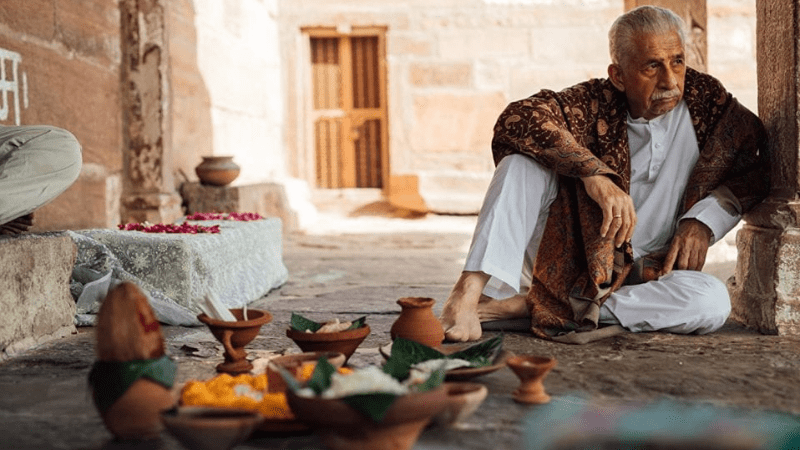

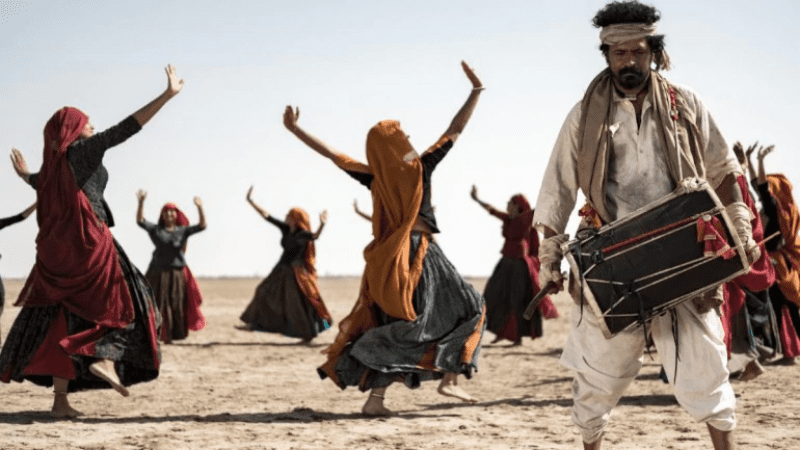
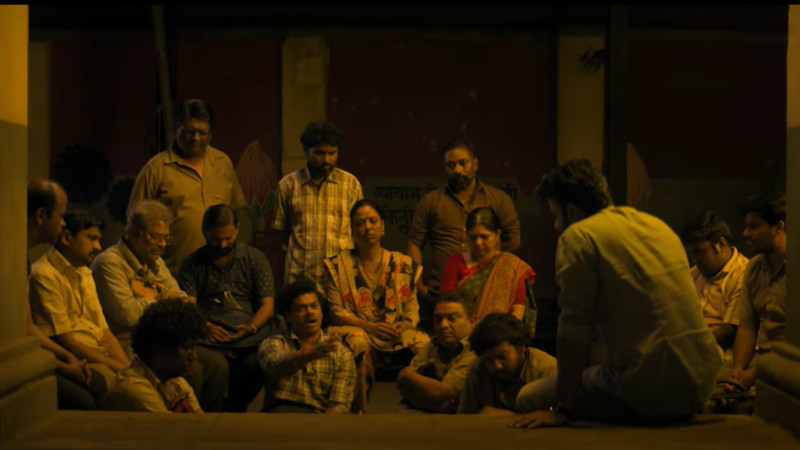
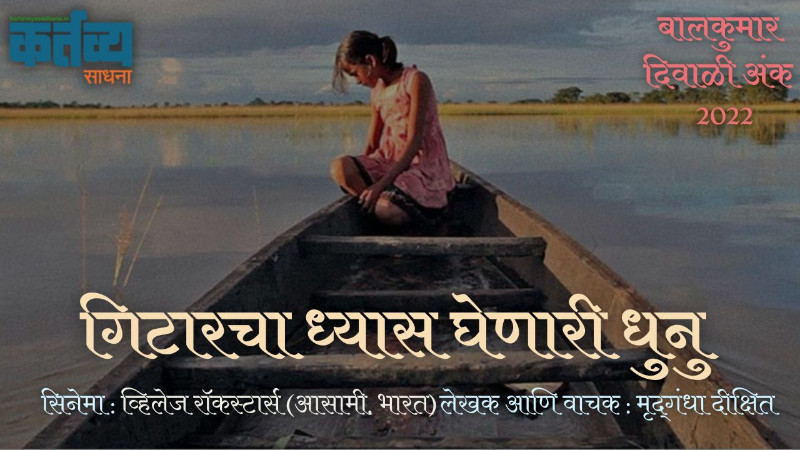
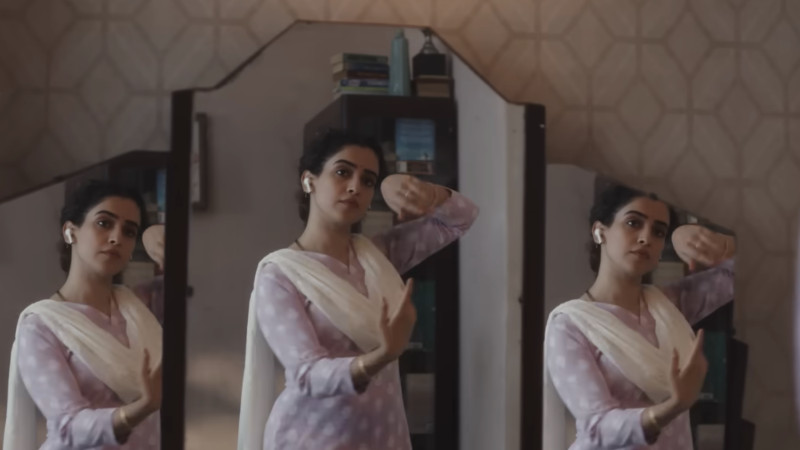
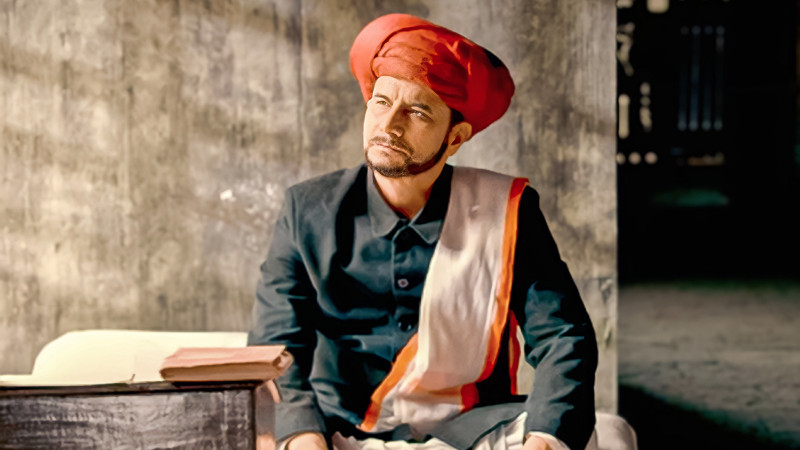

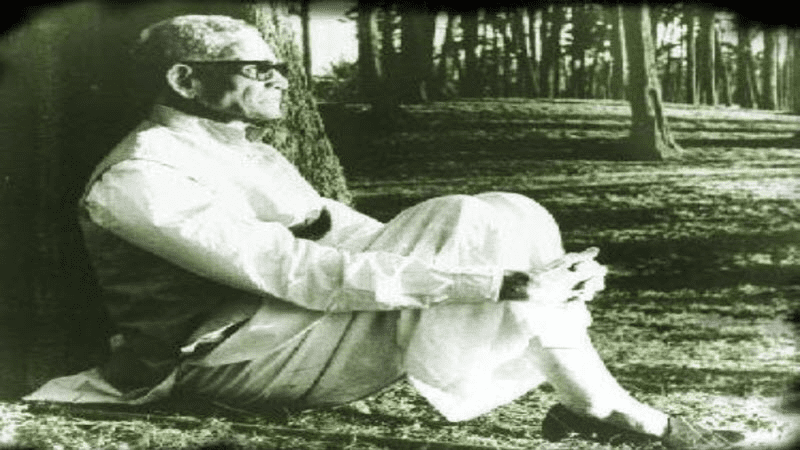
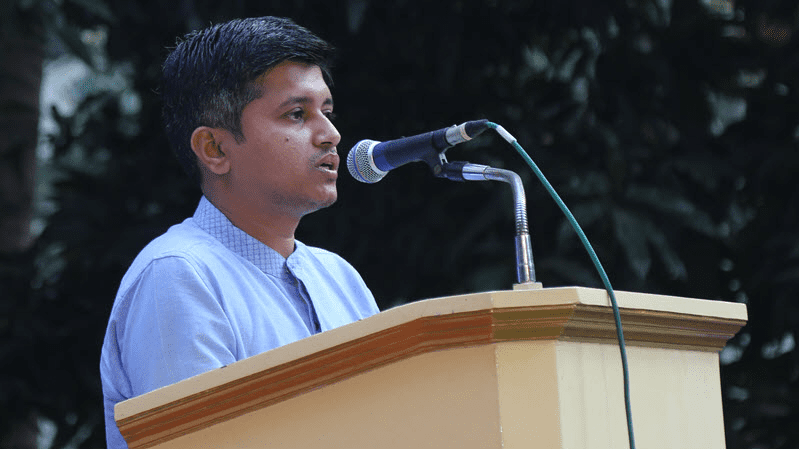

























Add Comment